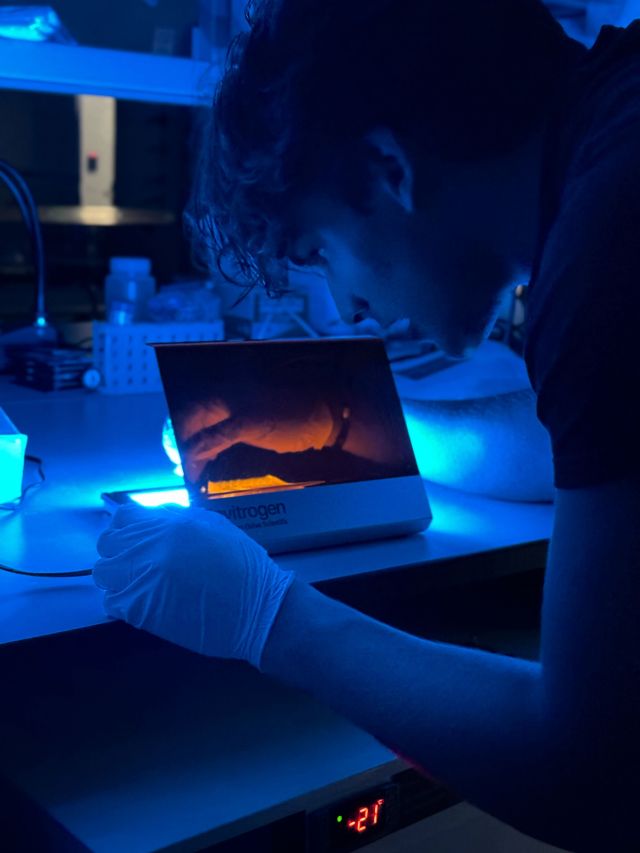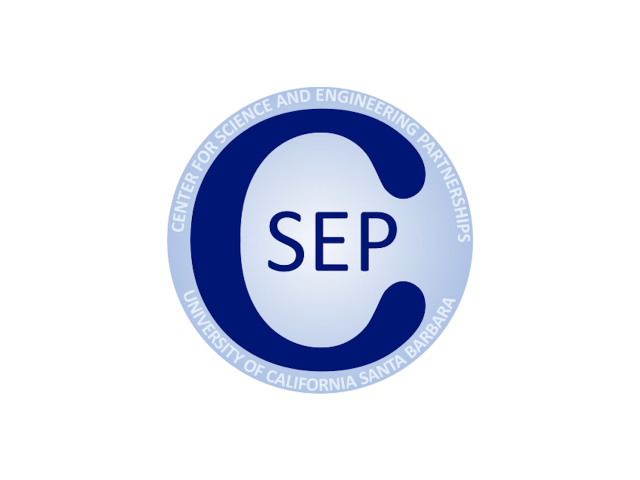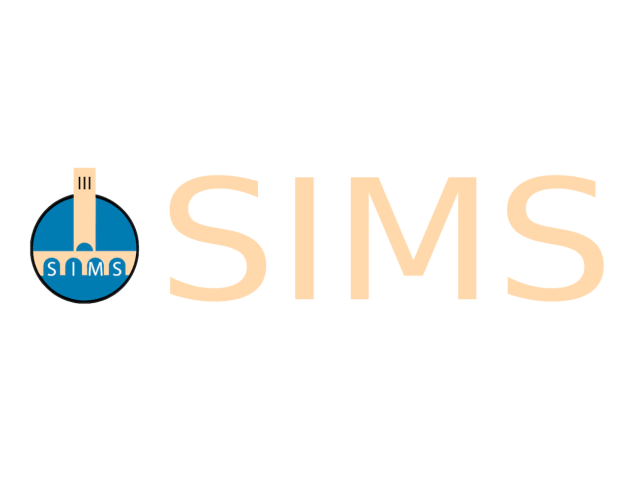Application Opens
April 13, 2025
Application Deadline Extended
June 1, 2025
Rolling Award Notifications
Begin June 27, 2025
Program Dates
August 17 - August 29, 2025
Overview
The SIMS Scholars engage in in-depth individualized introduction to university calculus and technical writing, developing college level critical thinking, problem solving and writing skills. Based on their research interests, Scholars will work on a team based research module led by SIMS research mentors, learning about research techniques that are used across several research areas. Research mentors orient Scholars to the research culture and community at UCSB, as well as to the process of scientific inquiry and communication, by providing authentic experiences that build knowledge, skills, confidence, and curiosity. Social networking events and study groups link participants with other incoming UCSB students, SIMS Peer Mentors, program staff, UCSB faculty, and SIMS Alumni.
Questions about the program? Please contact the SIMS Coordinator (sims@csep.ucsb.edu).

SIMS Scholars can expect to gain:
- Academic and professional skills
- Critical thinking and problem solving
- Science communication
- Team work
- Networking
- Leadership
- Goal setting
SIMS friendships will last well-beyond the 2-week program. SIMSters support each other throughout their first year and often remain friends even after they graduate from college. In addition, Scholars will develop valuable mentoring relationships with their graduate student research mentors, course instructors, and the UCSB undergraduate SIMS staff. These relationships are nurtured through the group research modules, office hours and study groups, individualized development plans, social networking activities, and workshops on how to succeed at UCSB.
Scholars also build relationships with UCSB research faculty and local STEM industry professionals throughout the program. Tours of local industry and research labs will introduce students to possible future research and career opportunities. Networking events give Scholars insight into the expectations UCSB faculty and local industry have for research/industry interns in their labs/companies.
Summer Program Details
- This program is an intense immersion into UCSB academics, research, and university life.
- Scholars can expect to actively participate in SIMS activities from 9:00 am to 9:00 pm (Monday to Saturday), with breaks for meals.
- Weekends will include down time, and SIMS organized visits to downtown Santa Barbara, hikes in the local wilderness areas, and walks to the beach.
- Housing and meals provided in UCSB dorms and dinning commons.
- SIMS will provide the technology needed to actively participate in all program activities, as needed.
- There is no cost to participate in the SIMS program.
What happens after SIMS?
SIMS offers one year of programming, beginning with the 2-week summer institute. During the following Fall quarter, scholars will be guided through the development of a training roadmap, identifying appropriate opportunities at key times in their tenure at UCSB. The roadmap will be one that is tailored to their specific needs and interests to provide a more effective and engaging training experience.
In the Winter quarter, scholars are eligible to apply for the SIMS Early Undergraduate Research Experience and Knowledge Acquisition (EUREKA) program. EUREKA provides a paid 8-week summer immersive research experience and one-on-one mentoring on a research project, science communication, and professional development for a cohort of rising sophomores. Prior to their summer research experience, EUREKA interns participate in the Spring quarter Practice of Science seminar, that is also open to all SIMS students and hosted by the Center for Science and Engineering Partnerships (CSEP). The seminar provides an overview of the scientific process and various career paths in STEM while helping students develop scientific communication skills and the creative thinking needed for success as a scientist or engineer.
The SIMS and EUREKA portfolio of programming prepare freshman and sophomore undergraduate students to be competitive for advanced academic and training opportunities, leading toward advanced degree programs or directly into the workforce.




